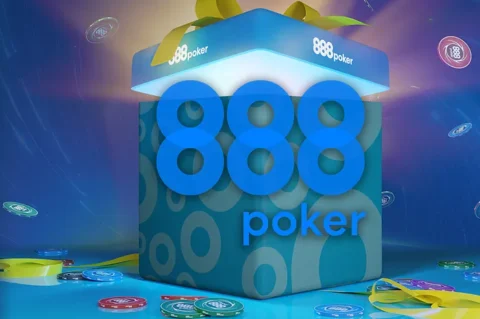The shift from live poker games in smoky backrooms to online platforms has been massive. The transition isn’t just about changing the setting; it fundamentally changes the dynamics of the game. Adapting live poker strategies for online play really needs more than just technical adjustments—it demands a nuanced understanding of how the virtual environment influences gameplay. Here’s a deep dive into what works and what doesn’t when translating live poker strategies to the digital playing space.
Understanding the Differences
The first step toward adapting strategies is to recognize the major differences that exist between live and online poker. In a live setting, players can read their opponent’s physical tells- facial expressions, body language, even the subtlety in how chips are handled. These are nuances that provide great information to further drive decisions and strategy for any player and their opponents. Online, these visual cues disappear into usernames and avatars. Instead of reading faces, players need to use timing tells, bet sizing patterns, and statistical analysis from tracking software, which can be challenging. However, there are exceptions and it is a little bit different when playing online poker in Florida with friends.
What Works Online:
Online poker is much more about mathematics compared to its live brother. Correct calculation of pot odds, understanding of implied odds and evaluation of equity against opponents’ ranges, all these skills become very crucial. The speed and efficiency of online play require very quick decisions based on mathematical reasoning rather than gut feelings. In other words, the gameplay is more intellectual rather than intuitive.
Where online sites allow for this, which is impossible to do with live poker, players can easily play several games at once. Very strong online players will be able to take advantage of this by playing more hands and finding those opponents who can’t multitask well and exploiting that “weakness”. Managing multiple tables well becomes a strategic advantage.
Online environments are more consistent in terms of game pace, structure, and available data. Such consistent behavior lets the player practice and polish certain strategies for any particular stage of tournaments or cash games. Such strategies get molded and adjusted while considering the real-time data, which makes it a potent tool in the online player’s armory.
Tracking software provides a wide range of information about opponents: stats including VPIP (voluntarily put money in pot), aggression frequency, and showdown tendencies. The online player utilizing this information to his advantage can quickly categorize opponents and exploit weaknesses more effectively than his live game counterparts can.
What Does Not Work Online:
Live players base their educated intuitive guesses on the physical tells of others, to guess at the hand strength of their opponents. Online, where these tells are not present, attempting to read these cues that simply aren’t there will result in incorrect reads and bad decisions.
In live poker, there’s a lot more time for decisions, since the pace of the game is so much slower. Online, you have to play at a fast pace. Any player who can’t find this faster rhythm will be at an immediate disadvantage to opponents who can play at a rapid speed. It becomes of a question of whether one can keep up or not.
Live poker encompasses social dynamics that can affect how people actually play, such as table talk, banter, and even psychological manipulation. Mind and psychological games in live poker are not to be underestimated. These interpersonal elements are just tough to replicate on an online platform; some psychological plays are simply very hard to make use of.
While tracking software offers a wealth of information, dependency on HUDs can lead to tunnel vision – a player may be so focused on the statistics that they may fail to adjust properly to changing in-game conditions or adjustments that their opponent may make.
Successful Adaptation Strategies:
The adaptation of live poker strategies for online play requires a hybrid strategy – a player has to be able to combine classic poker techniques and computer skills. Successful online players do the following:
Don’t Abuse Technology: Apply tracking software and HUDs as tools, not crutches, to help you make decisions.
Make use of Adaptive Strategies: Adapt live poker strategies to accommodate real-time data that may shift the balance.
Master Multi-Tabling: Settle a number of tables while paying full attention and making good decisions.
Mathematical Acumen: Fine-tune useful mathematical skills to cash in on the speed and volume of play online.
It is a journey of adaptation and evolution to take a live poker strategy online. While discipline and bankroll management are cornerstones, other strategic ideas need major adjustments. Understanding the nuances of each environment, leveraging technology wisely, and honing in on strategic flexibility are keys to success. Such players will be able to master these adaptations with ease, navigating the complexities of online poker with confidence, and turning virtual tables into profitable arenas of play.
















